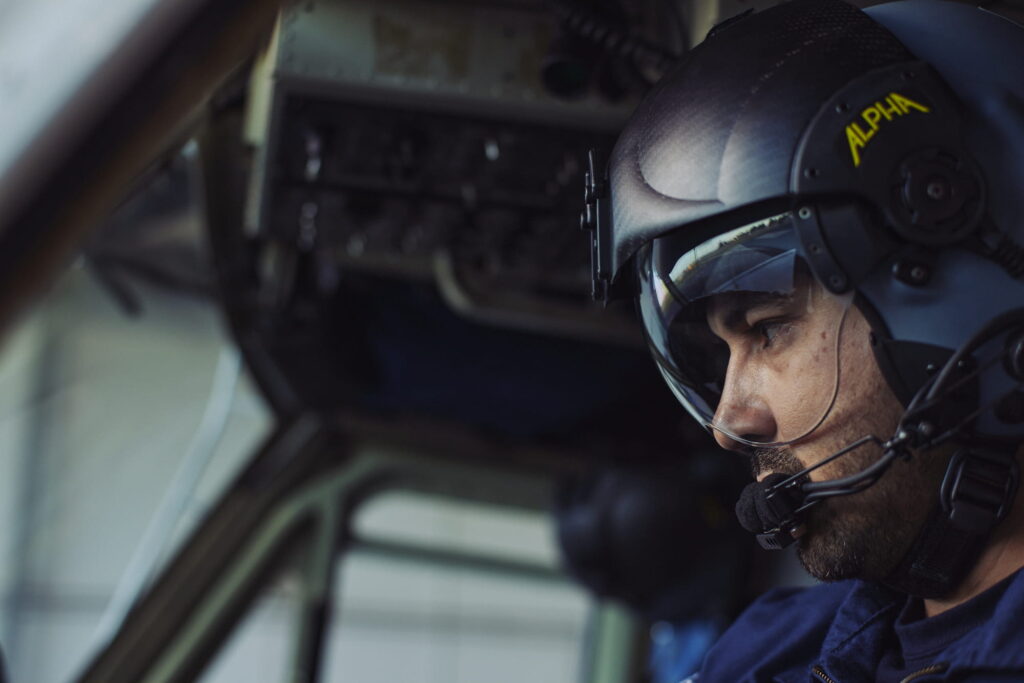Whether navigating treacherous terrain, overcoming weather conditions, or executing complicated night-time rescues, we never judge or discriminate; we simply save lives – even when there’s nothing remotely ‘simple’ about it.
Professionalism, teamwork and rigorous advanced training – and the wonderful generosity of people like you – enable LifeFlight’s rescue crews to perform the extraordinary, every day.
Whether navigating treacherous terrain, overcoming weather conditions, or executing complicated night-time rescues, we never judge or discriminate; we simply save lives – even when there’s nothing remotely ‘simple’ about it.
Professionalism, teamwork and rigorous advanced training – and the wonderful generosity of people like you – enable LifeFlight’s rescue crews to perform the extraordinary, every day.
To speak with a member of our Supporter Care Team about your donation, please phone 1800 630 014 or email supporters@lifeflight.org.au.
“I knew that somehow I had to cling to that cliff until the helicopter could arrive,” past patient, Maverick Robbins
The day our Sunshine Coast crew was called to rescue paraglider Maverick at Rainbow Beach is just one example of the exceptionally complex rescues they face day in, day out.
As experienced as Maverick was, one small miscalculation on the last line of the day, and a sudden change of wind direction, caused his glider to crash into the sandy cliff, seriously injuring his back on impact.
By the time the helicopter had reached him, night had fallen. The mission required a 170-foot precision winch rescue in total darkness, with the crew working together to stabilise Maverick on the face of the precarious cliff face.
For our crew, this was one of the most challenging missions of their career.
Teamwork was vitally important to the success of this mission. Working together, Pilot Aaron and the Aircrew Officer had to use Night Vision Goggles to locate Maverick in the dark, assess the steep terrain and position perfectly above the site of the accident. They had to hover much higher than normal – 170 feet – above Maverick to avoid eroding sand out from under him, first winching the crew and medical equipment down to the scene, where Critical Care Doctor Carly could assess him, and Rescue Crew Officer Callum helped prepared him for the long winch back to the aircraft.
“Maverick’s rescue was a challenging one. Just walking in the area was tricky enough – let alone winching. Once I leave the aircraft with the paramedic and the doctor by winch, my job as rescue crew officer is to look after the winching equipment and the aircrew on the ground, liaising with the aircraft to make sure everything happens as quickly and safely as possible to get the patient ready for winching into the aircraft.’’
“I’ve been flying rescue helicopters for about 25 years both in New Zealand and Australia and I’ve been here at LifeFlight for the last 18 years. And this was one of the most challenging rescues that I’ve had to do in my career.”
“The training we’ve received and the frequency of our rescue missions at the Sunshine Coast base made this feel like a routine job – even though it was anything but routine. It was a particularly complex mission because of the sand and moving terrain. It took a lot of knowledge, experience and training to work through the different options to perform the rescue safely for us as rescuers, and the patient.”
LifeFlight crews bring incredible skill, coordination, and calmness under pressure to every mission. Your gift today will support the advanced training and specialised equipment that help make the extraordinary ‘every day’ for our crews.

“We’re ready for anything,” LifeFlight Rescue Crew Officer, Chris Finch
LifeFlight RCO Chris ‘Finchy’ Finch knows what it’s like to be on both ends of a terrifying winch rescue. He was hiking on Tabletop Mountain one day when his golden retriever Bentley went too close to the cliff edge. Finchy reached out to pull him to safety but ended up losing his balance. Falling around 10 metres, Finchy managed to stop himself falling further before realising how badly injured he was. Being rescued by LifeFlight inspired Finchy to join our LifeFlight crew. He is a huge comfort to patients because he understands what it feels like to experience the ‘worst day of your life’.
“I’m really excited every time I come to work. We’re not sure what we’ll get, but we’re ready for anything. Having that sense of satisfaction at the end of the day that you’ve helped someone, you can’t get any better than that.”
– Maverick
LifeFlight crews bring incredible skill, coordination, and calmness under pressure to every mission, thanks to the amazing support of the LifeFlight community. The rigorous training they undergo prepares them for whatever extraordinary situation they face and ensures that no patient is beyond their reach. This level of training comes at a high cost. But it’s absolutely essential to the lives of Queenslanders who may call on us for rescue.

Flight Training
Our state-of-the-art flight training facilities give our pilots and rescue aircrew the practical experience and skills that seamlessly apply to real-world emergency situations.

Advanced Rescue
All crew members undergo comprehensive training, including winch training, to prepare them for the challenges of aeromedical retrieval in diverse environments.

Scenario Training
Critical care doctors undergo intensive clinical scenario training so they can handle critical emergencies during rescue flights and unpredictable missions.

Specialised Equipment
LifeFlight rescue helicopters are equipped with ICU-level medical facilities as well as crucial rescue equipment.
*All donations over $2 are tax-deductible. At the LifeFlight Foundation (ABN: 63 618 170 184), we use Payments2Us and Ezidebit so your donations are secure. If you have any questions or concerns, please get in touch.
We acknowledge the Aboriginal and Torres Strait Islander Traditional Custodians of the land on which we serve and fly, and pay respect to their Elders past, present and future.